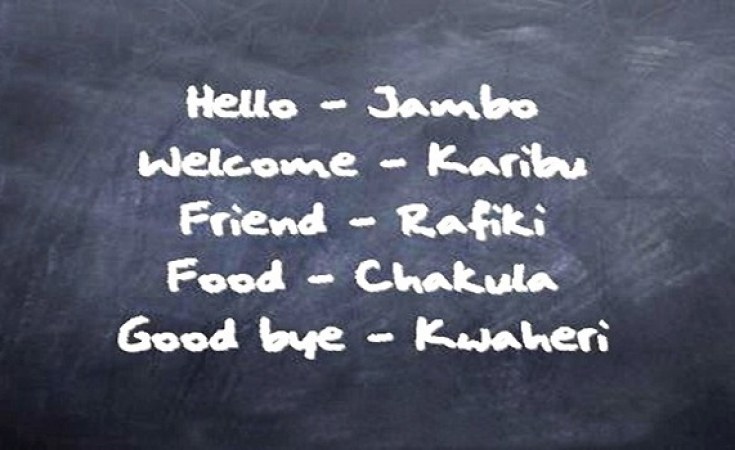Malawi President Lazarus Chakwera has ordered the country's education authorities to immediately start introducing the Swahili language into the country's school curriculum for easy business communication with Swahili-speaking countries.
Chakwera spoke Friday during a televised joint news briefing with visiting Tanzanian President Samia Suluhu Hassan about ways to strengthen bilateral relations between the two countries.
"I am pleased to inform you, everyone, that I have shared with Her Excellency the exciting news of my administration's decision to introduce language studies to strengthen both Malawi and Swahili-speaking sister countries like Tanzania," he said. "And my ministry of education is instructed to implement that policy with the agency."
Education experts in Malawi have said learning the Swahili language, which is one of the most spoken languages in many parts of Africa, would help Malawi boost trade partnerships with Swahili-speaking countries.
Hassan was on a three-day visit to Malawi, where she was invited as a guest of honor during Malawi's 59th independence anniversary celebrations held Thursday in Lilongwe.
She told reporters that Tanzania would provide Malawi with everything needed for the introduction of the Swahili language.
"On Kiswahili [another term for Swahili], my brother said it well," she said. "And I thank you for the decision you have taken. Tanzania is ready to give all what is required to make Kiswahili being taught in Malawi schools. We are ready for that."
Tanzania, which is a predominantly Swahili-speaking nation, is among neighboring countries where most Malawian traders go to buy their goods, including clothes and motor vehicle spare parts.
Many complain about the high cost of Swahili language interpreters.
It was not clear whether Swahili lessons in Malawi would be compulsory.


